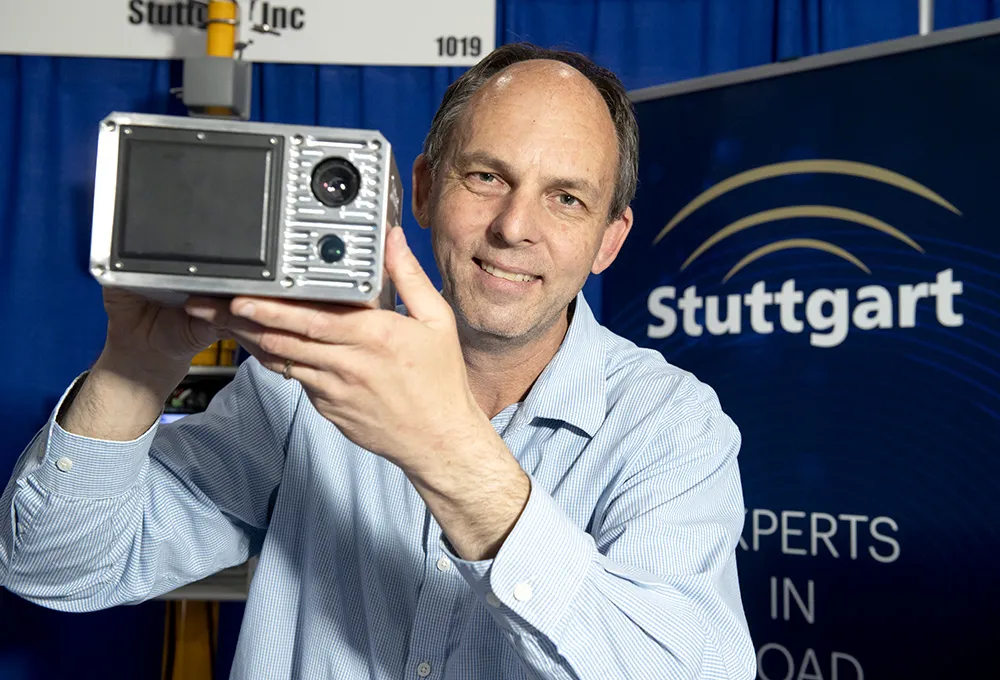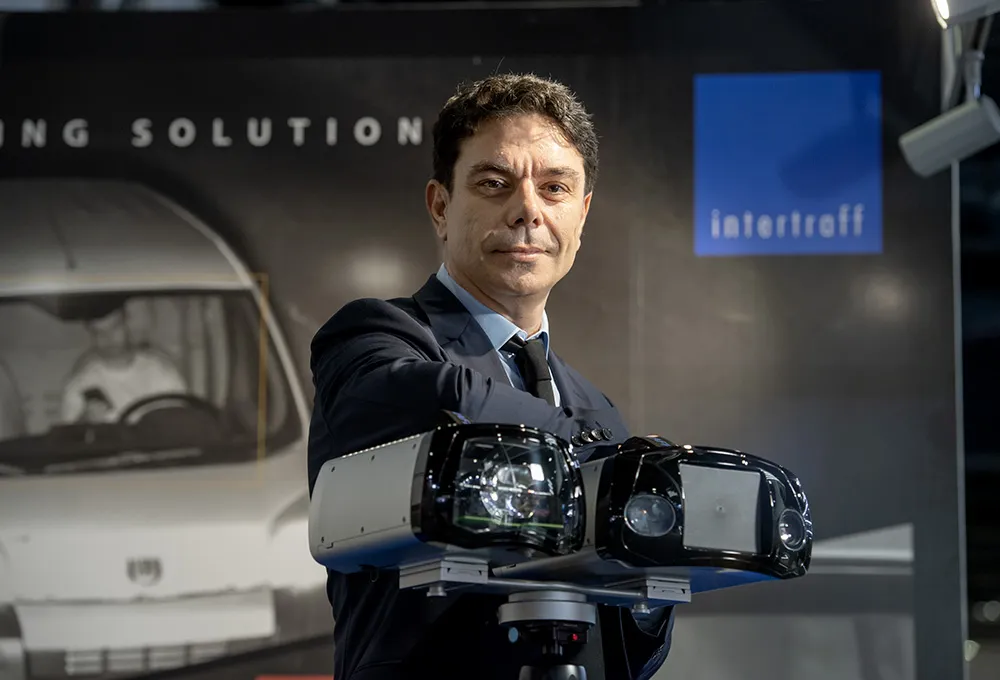Swedish authorities are to install a further 600 new speed cameras will in a bid to tackle a rising number of speeding offences. Ylva Berg, coordinator at the Swedish Transport Administration (Trafikverket), said that while the rise in speeding has been just under 1 per cent it must still be tackled as a further rise would increase the number of traffic fatalities.
August 29, 2012
Read time: 1 min
Swedish authorities are to install a further 600 new speed cameras will in a bid to tackle a rising number of speeding offences. Ylva Berg, coordinator at the Swedish Transport Administration (6301 Trafikverket), said that while the rise in speeding has been just under 1 per cent it must still be tackled as a further rise would increase the number of traffic fatalities.










